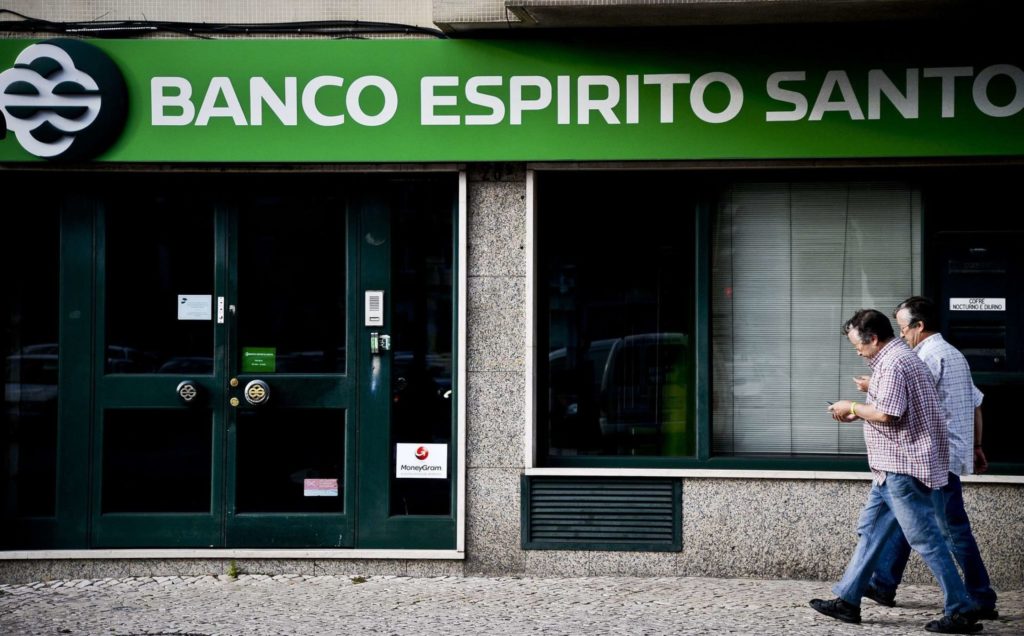This article is part of an article series about Europe's Recovery and Resilience Facility. It has been enabled thanks to the kind support of Recover Portugal.
As Portugal edges ever closer to the conclusion of its Presidency of the EU Council at the end of June, the country has presided over one of the most testing periods in the history of the bloc, a time in which member states are reeling from the after-effects of the coronavirus pandemic and the economic turmoil that it has brought.
After EU nations managed to find common ground on a €750bn deal to finance the bloc’s recovery through commonly issued EU debt last year, broader questions soon emerged as to how the EU executive would impose a proposed reform agenda as well as investment priorities across EU member states.
Many commentators at the time focussed on the traditional outliers of Poland and Hungary, and there had been a public wrestling match between the Commission and the EU Council on one side, who were keen to give assurances that a ‘general regime of conditionality’ would be abided by.
Polish and Hungarian Prime Ministers Morawiecki and Orbán respectively returned to their national capitals claiming that such conditionality would not be as set in stone as Brussels had claimed.
The ambivalence in this regard has concerned members of the European Parliament, who earlier this year adopted a resolution stating that the integrity of the EU budget could be compromised should member states seek to abuse the provision of funds withdrawn from the recovery package.
Weak enforcement of rule-of-law
Of particular worry here is the Commission’s readiness, or lack thereof, of enforcing the rule-of-law conditionality mechanism, designed to ensure that EU finds are not misused by EU governments for means that may result in an abuse of the rule of law. The mechanism has been in force since the start of the year.
And, notwithstanding the focus on Hungary and Poland, there have been more specific concerns related to the independence of the judiciary and the rule of law levelled at the very member state at the helm of the EU Council at the current time – Portugal.
Many of these emerge from the 2014 Banco Espírito Santo (BES) scandal, in which after long time losses as to the future stability of the bank following losses of nearly $5 million in the first half of the year, the Portuguese central bank intervened to impose a restructuring. This involved maintaining bad assets in BES and transferring stable funds to the newly created Novo Banco.
However, the Bank of Portugal soon came under allegations of corruption for retransferring €2.2bn of bonds from Novo Banco back to BES, thereby resulting in heavy losses to foreign investors of those bonds.
Since that time, institutional investors have adopted a skeptical approach to greater involvement in Portuguese debt, and a series of subsequent court cases filed since that time have resulted in no progress, as investors attempted to contest the decision of the Portuguese central bank’s decision to transfer funds back from Novo Banco to BES.
In turn, this has led some to question the independence of the judiciary in Portugal as well as the integrity in the principle of the rule of law. Most recently, these concerns have reached Brussels.
Heightened risks for investors in Europe
Speaking at a recent policy event, Ana Costillas, Spokesperson at Recover Portugal, an organization representing the investors in the BES-Novo Banco case, spoke about the lack of confidence in Portugal’s ability to manage funds raised on international markets.
“We would like to recover the over 2 billion euros, which were unduly taken from us, as well as ensuring that before investing in future RRF bonds, our rights will be protected,” Costillas said. “It’s imperative that investors’ rights will be protected if the EU wants to sell those bonds at market prices.”
Costillas added that it was imperative that in the provision of recovery funds, the rule of law should prevail across the EU and “domestic and foreign investors should be treated by the host member state fairly and without discrimination.” This would have a knock-on effect, she stressed, of increasing confidence in the international institutional investment community, and would offer up more incentives for investment generally.
For its part, Portugal is set to receive a sizable portion of the bloc’s recovery package. – with almost €14bn in grants and €2.7bn in loans coming its way. In order to make the most of these funds and for there to be the appetite for foreign investment, episodes such as the Banco Espírito Santo may do well to be rectified domestically, and for there to be greater assurances from Brussels that effective oversight is a key ingredient in the dispensation of the funds themselves.
On a practical level, it will be challenging for the European Commission to micromanage the dispensation of recovery funds across all EU member states, and the European Parliament will be called upon to play a significant role as part of the EU’s budgetary authority to ensure that funds are spent properly.
Moreover, certain loopholes in effective oversight render the funds relatively free from scrutiny in Brussels, particularly with regards to the fact that the EU body mandated to detect, investigate and stop fraud with EU funds, the European Anti-Fraud Office (OLAF) has not been charged will the adequate degree of responsibility in the context of the recovery funds.
“There will not be a specific obligation to report on large irregularities to OLAF,” Eulalia Rubio, Senior Research Fellow at the Jacques Delors Institute said.
“That means we need more investigative capacity at the EU level, because there will be less flow of information coming from member states to the EU level.”
The Brussels Times's editorial content is independent from the views of our sponsors.

